Introduction
How Does A Rabbit Sleep: Sleep is a fundamental aspect of every creature’s life, including the seemingly gentle and elusive rabbit. These small, furry mammals have a unique way of experiencing slumber, distinct from many other animals. While rabbits may appear to be constantly alert, their sleep patterns and behaviors reveal fascinating insights into their adaptation to their natural habitat and their place in the animal kingdom. In this exploration, we will delve into the intriguing world of rabbit sleep, shedding light on the intriguing methods and habits these creatures employ to rest, rejuvenate, and survive in the wild.
Rabbits, often associated with their boundless energy and twitching noses, possess an intriguing sleep pattern that combines elements of both vulnerability and adaptability. As prey animals, rabbits cheese are constantly on the lookout for potential threats in their environment. This vigilance plays a crucial role in their survival, as they must evade predators such as foxes, hawks, and snakes. However, despite this constant alertness, rabbits also require periods of rest to maintain their physical and mental health.
In this exploration of how rabbits sleep, we will uncover the surprising ways in which they balance their need for rest with their innate instinct to remain vigilant. From their preference for daytime naps to their unique sleep-wake cycles, we will unravel the mysteries of rabbit slumber and gain a deeper appreciation for the intricate ways in which these creatures adapt to the challenges of their natural world. So, join us as we journey into the fascinating realm of rabbit sleep, where survival and serenity intertwine in the most unexpected ways.
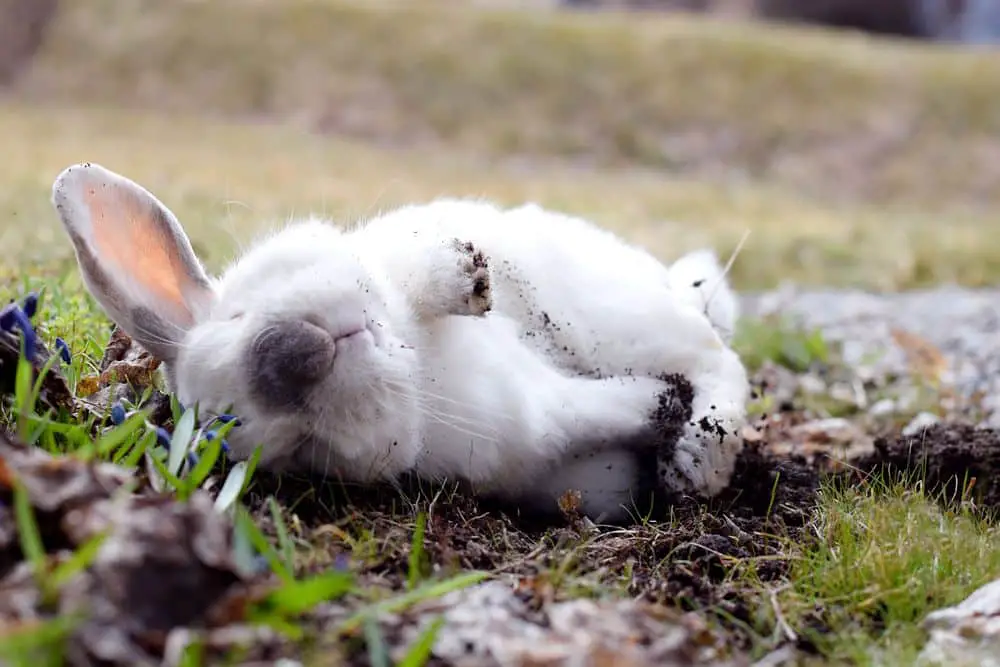
How do rabbits like to sleep?
The rabbit will either keep their head upright or rest it down in front of them by their front paws. Their eyes can be either open or closed. Like with a loaf, the rabbit will usually settle their ears along their back when they start to fall asleep, but they can also sleep with their ears in an upward position.
Rabbits are crepuscular animals, which means they are most active during dawn and dusk. During the daytime, they often prefer to nap. These naps are typically shorter in duration, usually lasting for just a few minutes at a time. However, they may have several of these short naps throughout the day.
One of the most important factors influencing how rabbits sleep is safety. In the wild, rabbits are prey animals, so they are always on high alert for potential predators. To mitigate this constant threat, rabbits tend to take short naps during the day when they feel safer and more secure.
In the wild, rabbits create burrows or warrens, which serve as their homes and provide a sense of security. These burrows are essential for their survival, as they retreat to them for longer periods of deep sleep. Deep sleep is crucial for proper rest, tissue repair, and overall health.
As crepuscular animals, rabbits are most active during the twilight hours when there is still some light but less danger from predators. They use this time to forage for food, socialize with other rabbits, and engage in activities. This behavior can include shorter naps to recharge their energy.
Do rabbits sleep all night?
Rabbits are nocturnal animals, which means they sleep most of the time during the day and are active at night. Their lifestyle can be a little confusing for rabbit owners, as they may seem to sleep much more than other pets. But in reality, rabbits need it to rest and prepare for a night of activity.
Rabbits are most active during the dawn and dusk hours, which are considered twilight periods. During these times, they engage in various activities such as foraging for food, socializing with other rabbits, and exercising. They are more alert during these hours, and sleep tends to be intermittent.
While rabbits are less active during the day, they do not sleep continuously throughout the daylight hours. Instead, they take short naps, often lasting just a few minutes at a time. These naps allow them to rest and recharge without fully committing to long periods of sleep.
As twilight transitions into night, rabbits tend to sleep in longer stretches, but they are not completely inactive. They maintain a level of alertness even during their nighttime rest, which helps them quickly respond to potential threats.
The crepuscular nature of rabbits is driven by safety concerns. They are prey animals, and their survival strategy involves staying vigilant to potential predators, which are more active during dawn and dusk. By being alert during these times, rabbits increase their chances of detecting danger and escaping it.
What do rabbits do at night?
Sleeping through the night
Most rabbits will go to sleep between 10-12 pm. They’ll sleep until it’s time to wake up in the morning and start a new day. Like afternoon nap time, many rabbits will periodically get up to stretch and eat in the middle of the night.
At night, rabbits often engage in foraging for food. They are herbivores and prefer to feed on grasses, leaves, and other vegetation. Since many predators are less active during the dark hours, rabbits take advantage of the reduced risk to search for food.
Rabbits have a more cautious feeding pattern at night compared to the daytime. They tend to nibble on vegetation close to their burrows or shelter, where they can quickly retreat if they sense danger. This cautious approach helps them avoid becoming an easy target for nocturnal predators.
Rabbits are social animals, and their social interactions often continue into the night. In the wild, they may gather with other rabbits to graze, groom each other, or engage in playful activities. These interactions help strengthen bonds within the group.
Rabbits are known for their curiosity, and this trait doesn’t diminish at night. They may explore their surroundings, including their burrows, to ensure they are safe and secure. Regular inspections of their burrows help them maintain a safe place to retreat to in case of danger.
Do rabbits close their eyes to sleep?
Rabbits sleep with their eyes open
They can sleep with their eyes closed too, but usually rabbits will only close their eyes when they are sleeping if they feel very safe. So you might think your rabbit never sleeps because they never close their eyes, but in reality they’re sneaking a nap right in front of you.
Rabbits are prey animals, which means they are always on the lookout for potential predators. Even when they sleep, they maintain a level of alertness. This partial alertness is a survival strategy that allows them to quickly respond to any signs of danger, even in their sleep. As a result, they may keep their eyes partially open or exhibit rapid eye movements during sleep.
In the wild, rabbits sleep in burrows or warrens that provide some degree of protection. This secure environment allows them to relax more fully and close their eyes during sleep, knowing they are less vulnerable to predators. However, they may still keep their ears perked and maintain vigilance.
Domesticated rabbits, living in a more controlled and less predator-prone environment, may be more likely to close their eyes while sleeping. This is because they feel safer and less exposed to potential threats in a home setting.
Like humans, individual rabbits may have varying sleep behaviors. Some rabbits may close their eyes completely while sleeping, while others may keep them partially open or exhibit variations in eye movement patterns. These differences can be influenced by factors such as the rabbit’s personality and comfort level.
Does a rabbit drink water?
Your rabbits can miss a feeding sometimes, but should have a good fresh supply of water every day. In fact, if you don’t give your rabbits drinking water for even one day, they could die. Rabbits often consume two to three times more water than feed.
Rabbits require water to stay properly hydrated. Hydration is crucial for maintaining their overall health, digestion, and body temperature regulation. Without enough water, rabbits can become dehydrated, which can lead to a range of health issues.
Adequate water intake is essential for proper digestion in rabbits. It helps move food through their digestive system and prevents issues like gastrointestinal stasis, which can be life-threatening.
Rabbits rely on water to regulate their body temperature, especially in hot weather. Drinking water can help them stay cool and prevent heatstroke.
Rabbits can develop urinary tract issues if they do not consume enough water. Drinking water helps dilute their urine and reduce the risk of conditions like bladder sludge and urinary tract infections.
Do rabbits watch you sleep?
Your rabbit is keeping watch for you
They’ll loaf, or lay down near you, but stay more or less aware while you sleep. They’ll often be facing you as they watch over you, but usually, they’re actually keeping an eye and an ear out for potential threats.
Rabbits are naturally curious animals. They explore their environment, investigate new objects, and pay attention to the activities of their owners. This curiosity extends to observing their human companions, even during moments of rest.
Rabbits often form strong bonds with their owners and may seek comfort and security from their presence. If your rabbit watches you sleep, it could be because they feel safer when you are nearby. Your presence may provide them with a sense of protection and reassurance.
Rabbits are social animals and enjoy interacting with their human companions. Watching you sleep might be their way of engaging with you, even if you are not actively playing or interacting with them. They may find your presence comforting and entertaining.
Rabbits are intelligent animals, and they can learn from observing their environment and their owners. Watching you sleep may be a way for them to learn about your daily routines and habits.
What do rabbits eat?
Fresh, clean drinking water and good quality hay and grass should make up the majority of your rabbits’ diet. A rabbit’s digestive system needs hay or grass to function properly so a healthy supply is extremely important. You can supplement with leafy greens and a small amount of pellets.
Hay is the cornerstone of a rabbit’s diet. It provides essential fiber that aids in digestion and helps wear down their continuously growing teeth. High-fiber hay varieties, such as Timothy hay, Orchard grass hay, or Meadow hay, are excellent choices. Hay should be available to rabbits at all times.
Fresh vegetables are a vital component of a rabbit’s diet. They provide essential nutrients, vitamins, and hydration. Some suitable vegetables for rabbits include leafy greens (e.g., lettuce, kale, spinach, and arugula), bell peppers, carrots (in moderation due to their sugar content), broccoli, and cauliflower. Introduce vegetables gradually and monitor for any digestive issues.
Commercial rabbit pellets are formulated to provide essential nutrients. However, they should be fed in moderation, as too many pellets can lead to obesity and other health problems. Choose high-quality, Timothy hay-based pellets and follow the manufacturer’s recommendations for serving size.
Clean and fresh water should always be available to rabbits. Make sure they have access to clean water in a spill-proof container. Proper hydration is crucial for digestion and overall health.
Do bunnies bite?
Rabbits usually don’t bite, but if one does it generally doesn’t mean they hate you. There are many reasons that might cause a rabbit to bite — for example, if you grab at a rabbit or surprise them. A rabbit might also accidentally bite while tugging at your pant leg.
One common reason a rabbit might bite is out of fear or stress. Rabbits are prey animals, and if they feel threatened or cornered, they may resort to biting as a means of self-defense. This can happen if a rabbit is handled roughly or if there are sudden, loud noises or sudden movements around them.
A rabbit in pain or discomfort may bite as a way to communicate distress. For example, if a bunny has an injury or a health issue, touching or handling the affected area may lead to a bite. Dental problems or sore hocks (sore feet) can also cause discomfort that leads to biting.
Rabbits can be territorial, and they may bite when they feel their territory is being invaded. This is more common in unspayed or unneutered rabbits and can occur when introducing a new rabbit to an established one.
Mother rabbits may occasionally bite when they are protecting their young. This is a natural maternal instinct to keep potential threats away from their vulnerable babies.
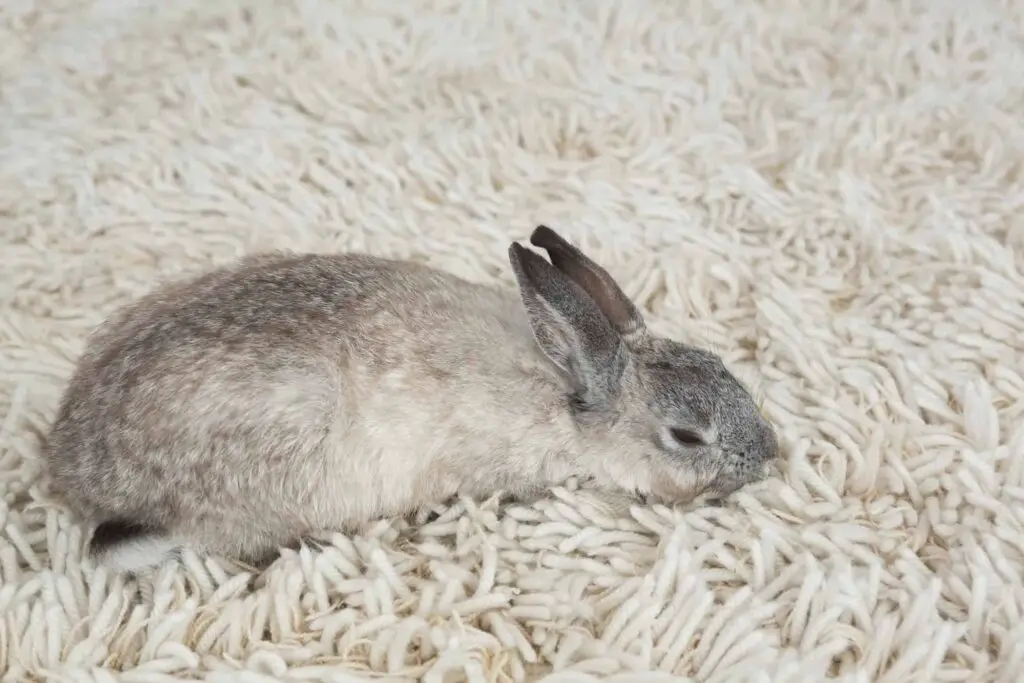
Conclusion
While their preference for daytime naps and their unique sleep-wake cycles may seem unusual, they are essential survival strategies that have allowed rabbits to thrive in various habitats around the world. By understanding how rabbits sleep, we gain a deeper appreciation for the complexity of their lives and the remarkable ways in which they have adapted to their environment. From their ability to sleep with one eye open to their sensitivity to sounds and movements, rabbits have honed their sleep patterns over centuries of evolution, ensuring their continued existence in the wild. So, the next time you come across a rabbit, whether in your backyard or in a nature reserve, take a moment to appreciate the intricate dance between rest and vigilance that defines their sleep patterns.
It is a testament to the remarkable ways in which nature has shaped these creatures to thrive in a world filled with challenges and opportunities, making them a fascinating and enduring part of our natural world. Moreover, the study of how rabbit sleeping offers valuable insights into the broader field of animal behavior and adaptation. It highlights the incredible diversity of sleep patterns and strategies that exist across the animal kingdom. Rabbits’ ability to adapt their sleep patterns to their specific ecological niche reminds us of the intricate web of life on our planet and the remarkable ways in which each species has evolved to fit its unique role within ecosystems.
Understanding rabbit sleep also has practical implications for those who keep rabbits as pets or work with them in research and conservation efforts. Knowing the nuances of their sleep patterns allows us to provide better care and create environments that minimize stress and promote well-being for these gentle creatures. In summary, the study of how rabbits sleep not only reveals the fascinating intricacies of their lives but also underscores the importance of sleep as a fundamental biological process. It reminds us that even in the seemingly simple act of slumber, there is a wealth of complexity, adaptation, and resilience to be discovered in the animal world. As we continue to unravel these mysteries, we gain a deeper appreciation for the rich tapestry of life on Earth and our interconnectedness with all living beings.

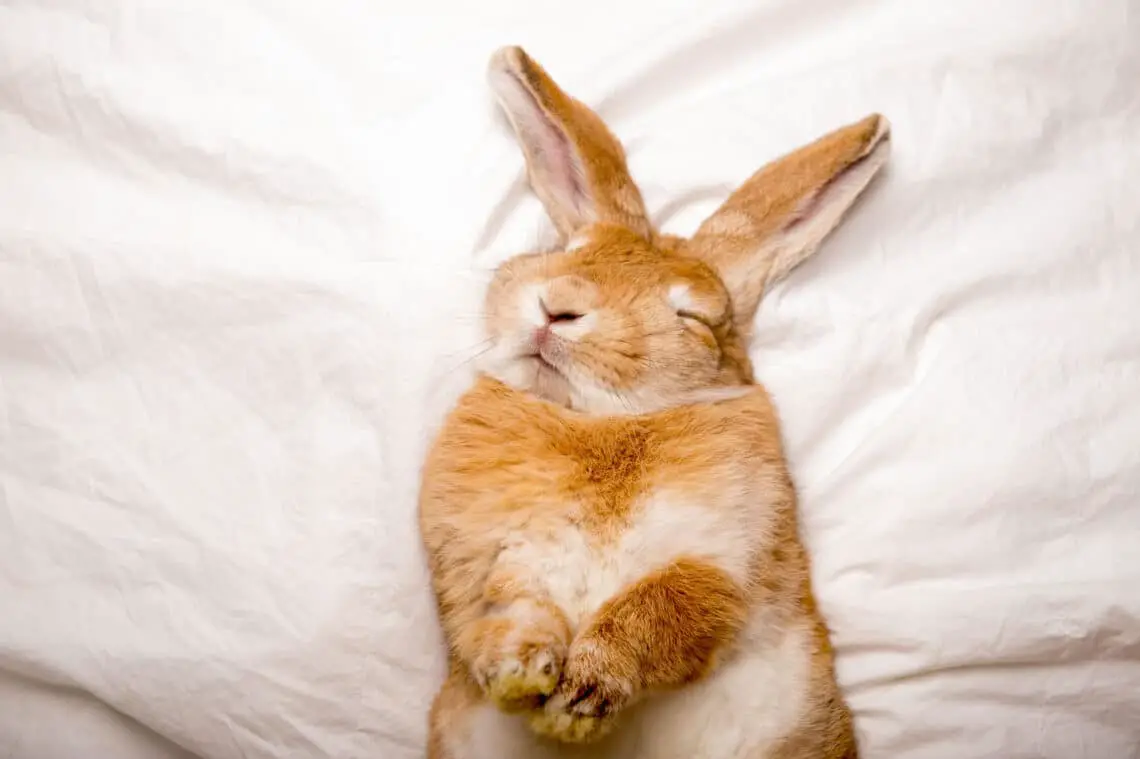
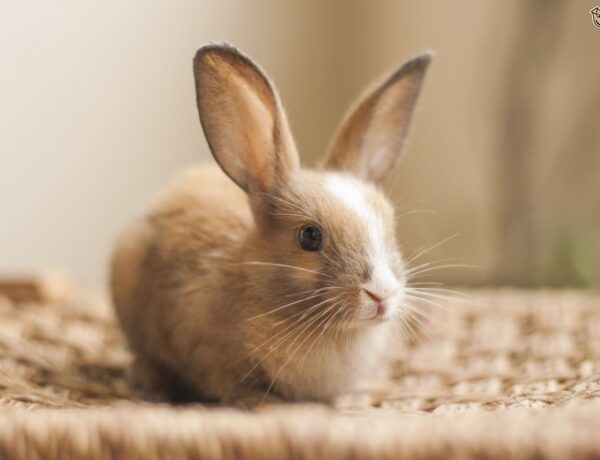
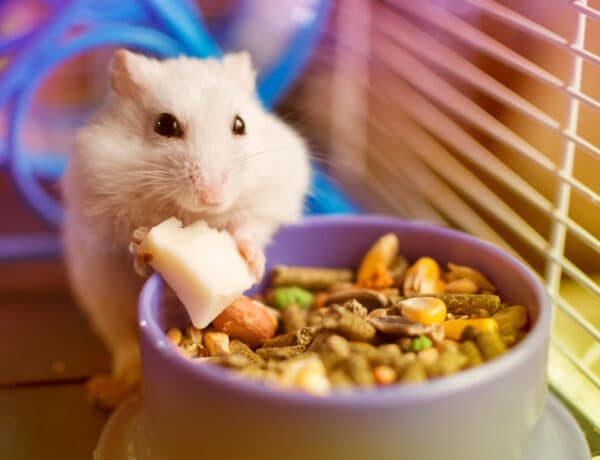
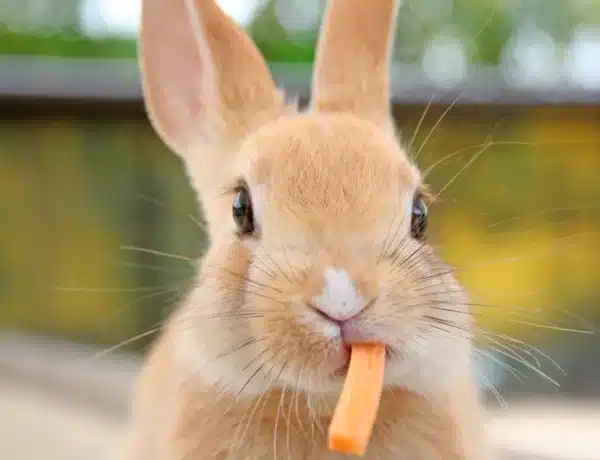
No Comments